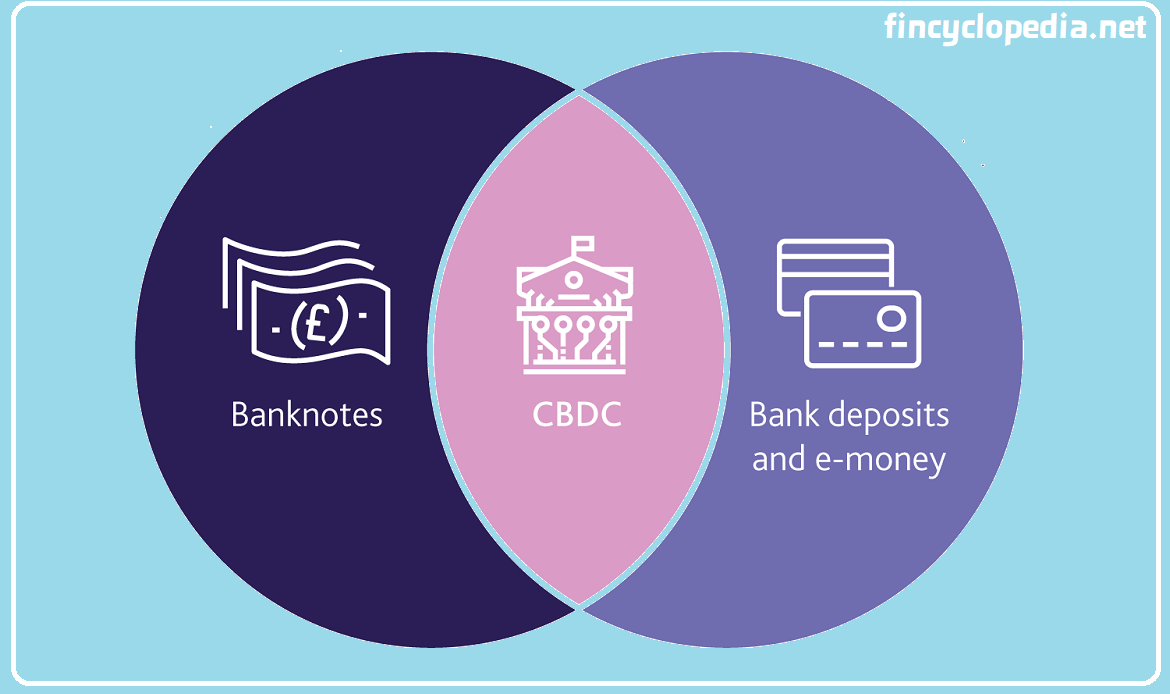Unsecured, short-term notes (money-market instruments) that are sold on a discount basis either indirectly (through traders and dealers) or directly (to investors). Commercial paper (CP) dealers make markets by standing ready to purchase CP, they have already placed, at sufficiently big discounts from investors willing to sell before maturity. CP investors hold the paper until maturity and can’t dispose of earlier because no secondary market exists for such an instrument. Instead, they have to seek the services of CP dealers. Payment of CP, when due at maturity, is typically guaranteed by lines of credit provided by banks.
Commercial paper operates along three lines: asset-backed commercial paper (ABCP), financial commercial paper and corporate commercial paper.






